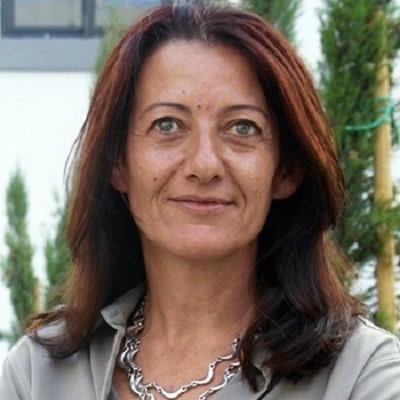Many journalists experience digital harassment because of their work. It ranges from harassing comments on social media to direct threats and coordinated campaigns to intimidate the journalist. It takes its toll: Many who are affected by this feel insecurity, stress, and depression, and it may in the long run lead to self-censorship.
This masterclass teaches you how to prepare for online attacks, how to handle them when they happen, and how to investigate where they come from. We can offer it thanks toour cooperation with the International Press Institute, which has developed an extensive material to meet and deal with digital harassment over the last years.
We are very happy for the cooperation to present this to the Dataharvest participants in a masterclass, aimed at both individuals, teams and newsrooms. It is free for all, but you must register to attend.
We will look at the typical types of threats, where they come from and when and how campaigns are organised. We will talk about your possibilities as an individual – how can you approach the problem analytically, understand the nature of the threat and make an action plan. How do you get in control, and who can you turn to for assistance?
Newsrooms should also have a strategy for dealing with online harassment of their staff and be ready to counter it. This should involve both the editors, the SoMe people, the IT staff and others, so the everyday environment is safe and there is a protocol in place when the attacks come, aimed at an individual or the newsroom as such.
Program for the day:
10:00 Welcome

10.15 – 11.30 Building an action plan to mitigate the emotional and professional impact of online hate. Session hosted by Javier Luque.
In this session we will introduce some of the tactics used to silence and intimidate independent reporters and discuss the best strategies to address them. We will do so using an analytical approach that will provide both journalists and media managers with unique tools to first analyse the attack and, second, to assess the potential impact on the reporter, and finally, adopt the best approach to combat the attack based on limited resources.
11.30 – 11.45 Short break

11.45 – 13.00 Protocol for newsrooms and the Guardian’s experience. Session hosted by Becky Gardiner.
Becky Gardiner is the author of the pioneering research “The dark side of Guardian comments” and helped to develop the first guidelines to address online harassment at the Guardian, one of the first newspapers worldwide to develop such protocol. Gardiner will also present measures developed by IPI for newsrooms to tackle online harassment and disinformation campaigns targeting the credibility of the journalists and news outlets. These measures draw from interviews with more than 110 editors, journalists and community managers conducted over working visits to 40 newsrooms across Europe, as well as additional expert meetings and focus groups with legal experts, civil society representatives and academics.
13.00 – 14.00 Lunch break

14.00 – 15.15 Investigating smear campaigns and disinformation targeting journalists: Case study – Daphne Caruana Galizia. Session hosted by Caroline Muscat.
One of the measures to counter smear campaigns is applying your journalistic skills to investigate coordinated attempts to discredit your work and create an atmosphere where trolls feel entitled to intimidate you. We will present the investigation that The Shift carried out in Malta into the assassination of investigative journalist Daphne Caruana Galizia, looking at how secret Facebook groups worked to dehumanise and isolate her. The research became an important evidence into the landmark Public Inquiry into Daphne’s murder finding that “the State has to shoulder responsibility for the assassination […]”
15.15 Closing remarks

